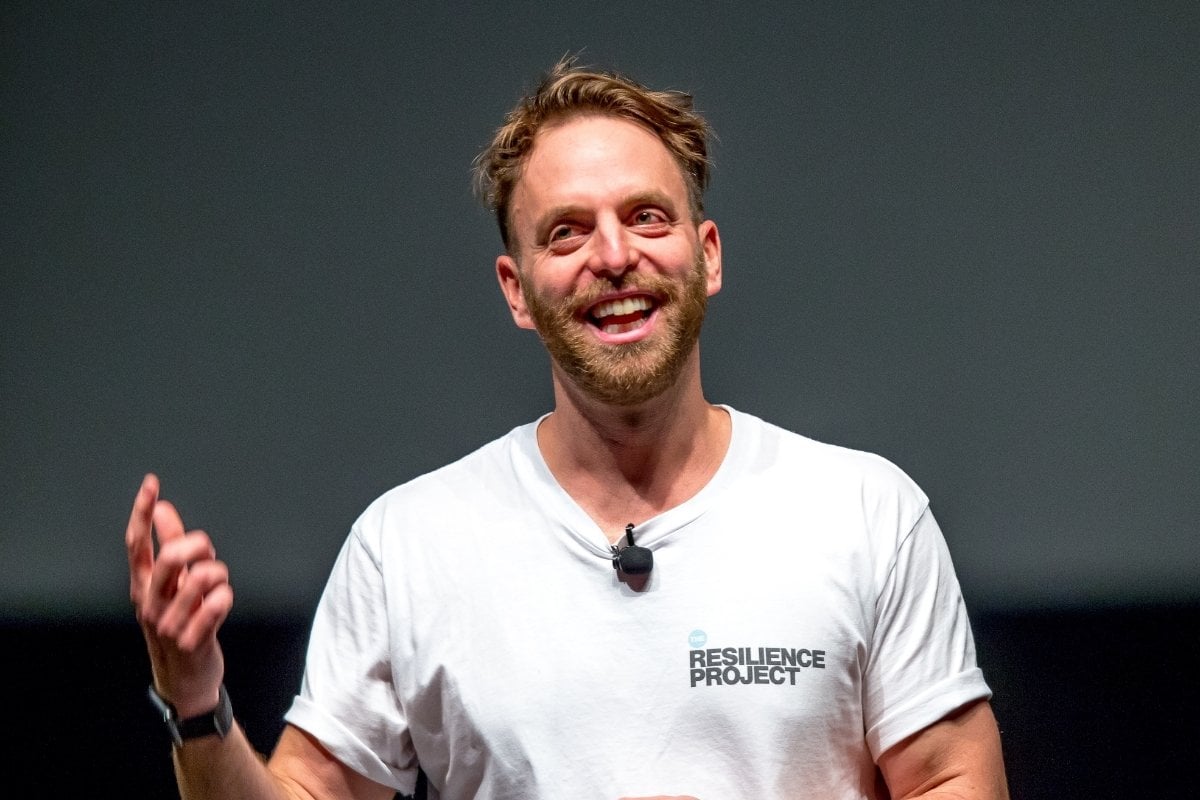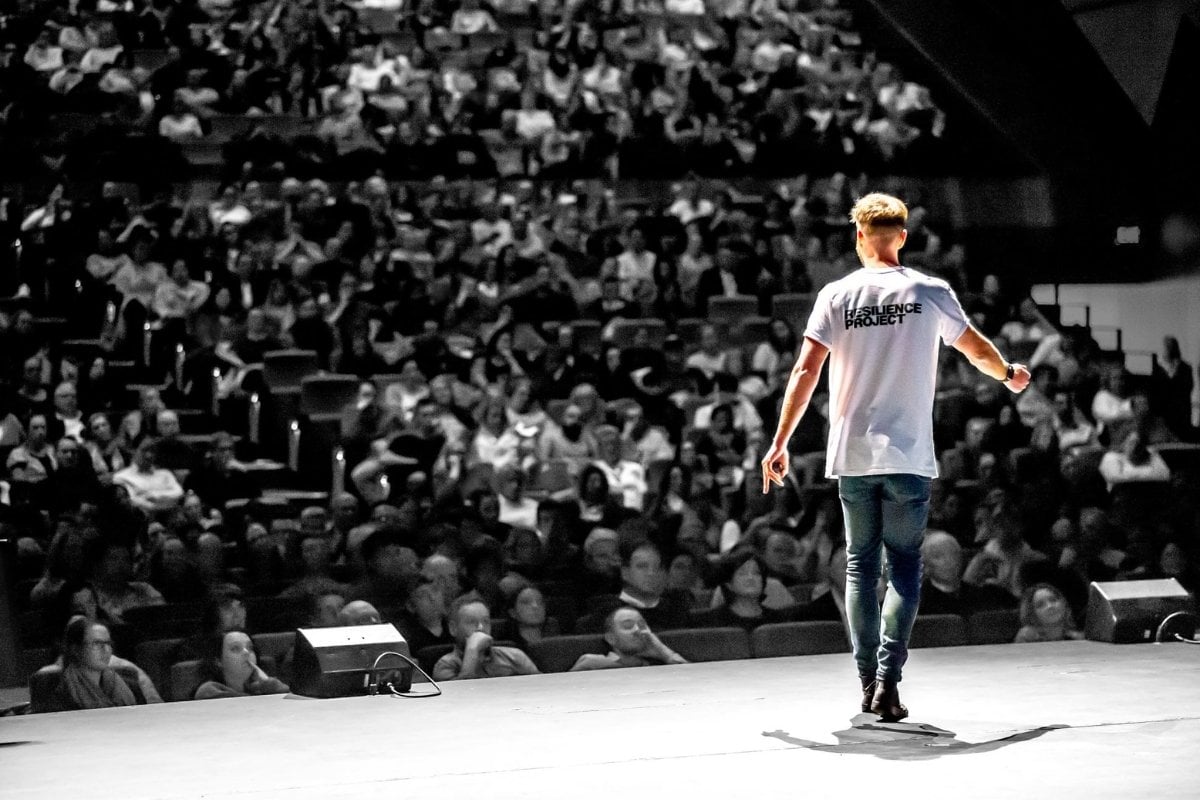
Hugh van Cuylenburg knows a thing or two about resilience.
As the co-founder of a company called The Resilience Project, his job involves teaching resilience to everyone from children to CEOs. He's written a best-selling book, hosts a podcast, and has spoken at hundreds of schools, clubs, organisations and conferences sharing positive, evidence-based mental health strategies to help people build resilience and happiness.
Side note: Have a watch of this Mamamia video about resilience in the Kimberley. Post continues after video.
But as Melbourne plunged into a strict, 112-day public health lockdown last year, Hugh found himself struggling, relying not only on the very principles he teaches but the support of a psychologist and loved ones.
He's now back "in the trenches" again as the southeastern corner of the country battles against the more virulent Delta strain of COVID-19.
Speaking to Mamamia's No Filter podcast (and the more than 11 million Australians currently in lockdown) Hugh shared what he's learned about how to get through it.
1. Swap expectations for hope.
In a world of snap lockdowns and slamming state borders, having expectations can be "dangerous", argued Hugh. When the future is this unpredictable, plans can become a source of anxiety and stress.



Top Comments